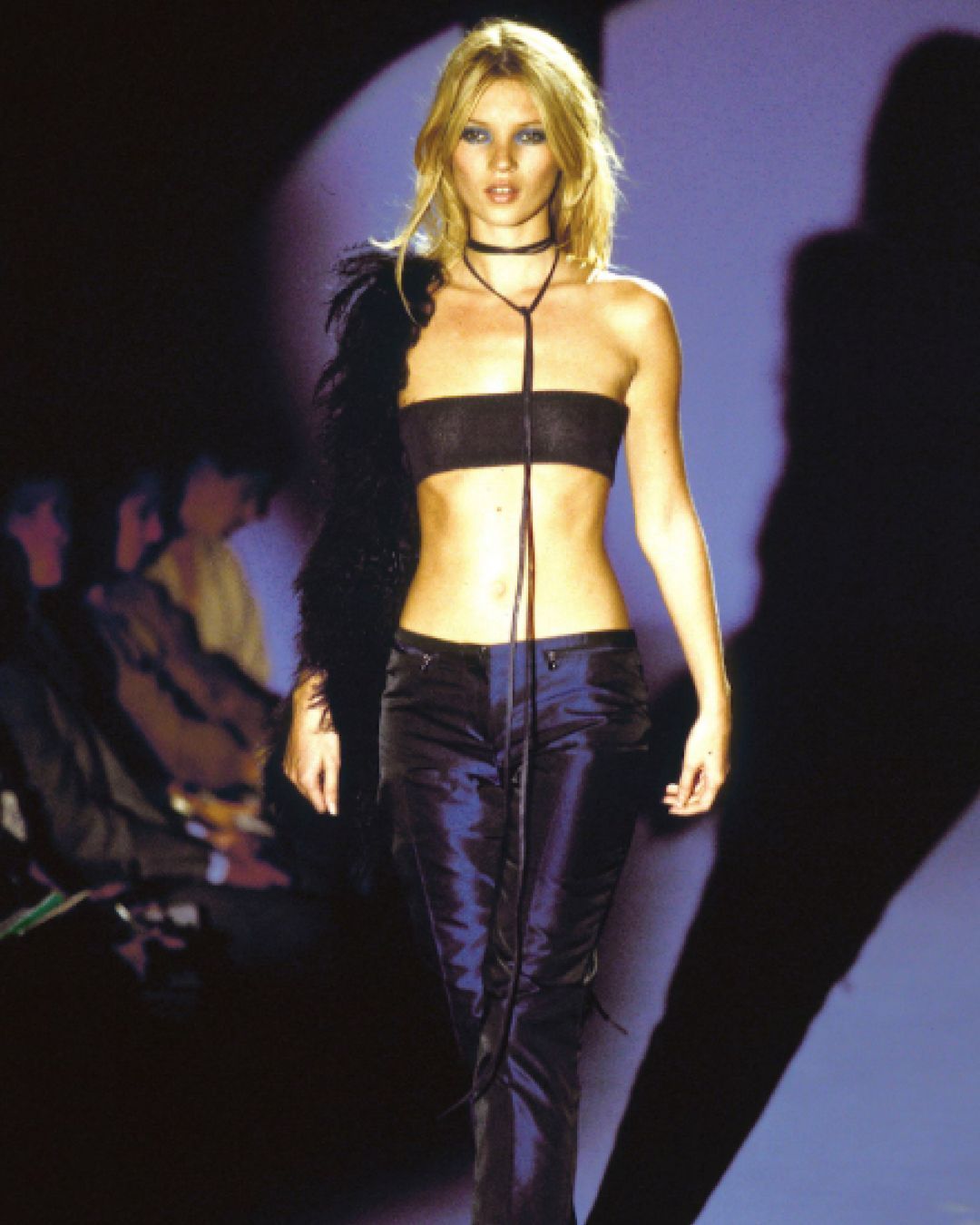
How fashion entered in the gaming business Louis Vuitton x League of Legends is the latest example of a strong and productive trend
If for years they have remained a product for outsiders, in the last decade the fashion world begun to take an interest in video games and gaming. Creatives and marketers understood its advertising potential and wanted to take advantage of the generational change of their customers. A community of more than two and a half billion users around the world is an ideal pool, especially when it's part of a market that will reach a global value of 180 billion dollars in 2021. Between DLC and in-game purchases, the gamer is increasingly used to spending money while playing, thus becoming an attractive target for companies. At the same time, teams of pro-players such as FaZe Clan, FURIA and New York Excelsior of Andbox have started marketing their apparel and collaborating with brands such as Kappa, Nike and Public Schools and others like Seoul Dynasty have embraced fashion as part of their identity.
Louis Vuitton's work with League of Legends and the Ninja proplayer's partnership with adidas are just the end point of a journey that began in 2003, when Nike and EA Sports created a pair of Air Force 2 Low that incorporated the colors and the famous logo of the Fifa's software house. It began a tradition that would later lead to the Air Force 1 Low Playstation in 2006 and the Halo-themed Gil II by adidas and created in partnership with NBA champion Gilbert Arenas. Despite their simplicity, the value and rarity of these sneakers has made them a real grail with resell prices ranging up to 2000 euros. Recently, adidas also created a limited edition sneaker for Team Vitality.
But the big fashion brands have already started to perceive the cultural importance of gaming and draw on it. In 2012, for a photoshooting in Arena Homme Plus magazine, Prada "dressed" the characters of Final Fantasy XIII-2 with its outfits. Louis Vuitton followed only three years later, choosing the star of Final Fantasy XIII, Lightning, as one of the testimonials of its collection alongside real life models. At the time, game designer Teddy Dief pointed out on the pages of Polygon that the French brand's initiative represented a direct link between the gaming and fashion worlds, uniting two historically distant and almost opposite universes, but especially bringing a novelty in an industry until then seen as male-only.
From there on, the relationship between fashion and the protagonists of the video game has become increasingly close. Characters such as Pokémon or Super Mario have suddenly found themselves on the catwalks of fashion weeks, thus becoming the object of the desire of a new audience, grown in the 90s and related to gaming.
Later fashion brands took a new opportunity, turning the video game no longer into a partner but into a promotional channel. Drake became co-owner of the proplayer 100 Thieves, Kappa formed a partnership with the British Vexed Gaming team, brands could buy virtual advertising space within Second Life. It happened with Death Stranding and ACRONYM, with the collab between Jordan and Fortnite and, more recently, between League of Legends and Louis Vuitton. Fortnite is a striking case, because it has been able to become a multi-brand container that over time has gone from gaming, to pop culture up to the world of fashion. A phenomenon also helped by the emergence of gamer-influencers. Ninja, for example, left online streaming platform Twitch last August to move to Mixer on a 50 million dollar contract.
Even when they're not collaborating with video game manufacturers, brands can create their own. Gucci did it with 80s-style games Gucci Bee and Gucci Ace, Burberry with B Bounce and Vuitton with Endless Runner, in which the set used by Virgil Abloh in the Men's FW19 Show becomes the setting of a running game. A trend that started years ago, when Kanye West made a mobile video game to promote his piece Only One, and that now is incorporated by the fashion industry with his continuous search for stimuli and levers to expand his market. The feeling is that with a world of gaming growing exponentially, the relationship with fashion brands will become even closer.

































































